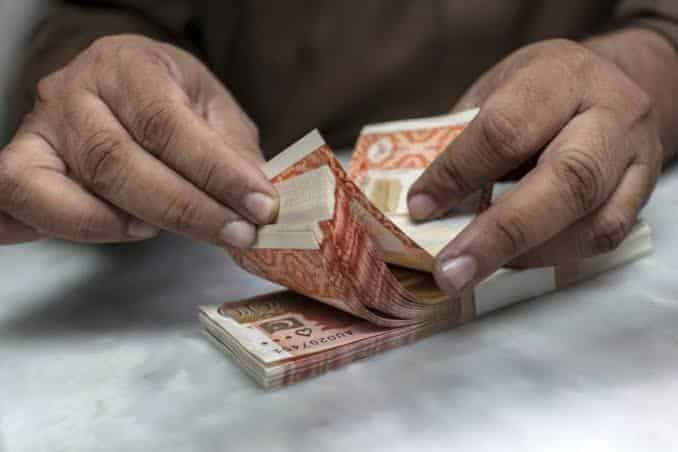The federal government of Pakistan has unveiled a series of major fiscal reforms for the financial year 2026, most notably imposing a cap of Rs100 million on annual cash withdrawals from banks. The move aims to enhance transparency in financial transactions and strengthen the government’s monitoring of large-scale cash flows.
According to official sources, the decision was made in consultation with the Federal Board of Revenue (FBR) and the banking sector. The cap is part of a broader strategy to encourage digital transactions and traceable financial activity, reducing the possibility of unmonitored or untaxed income movement.
Structured Data-Sharing Between FBR and Banks
In a significant development, the FBR and scheduled banks have agreed to a structured data-sharing mechanism. This arrangement will allow both parties to share financial information, enabling the FBR to cross-reference bank data with tax returns. If discrepancies arise between a taxpayer’s financial records and the data maintained by banks, the institutions will be required to provide clarifications or submit corrected data.
However, to protect privacy, the shared financial information will be used strictly for tax investigation purposes, ensuring limited and regulated access.
Rs50 Million Investment Classification
The government has clarified that investments up to Rs50 million in securities, mutual funds, debt instruments, and money market accounts will be categorized as fresh investments. This provision aims to promote formal investments while keeping the system streamlined for monitoring and compliance.
Empowering Provincial Tax Officers
To tackle the ongoing challenge of counterfeit goods and enhance tax enforcement, the FBR is considering granting enforcement powers to provincial officers of grade 16 and above. These officers, particularly within excise, taxation, and revenue departments, will assist in curbing illegal trade practices and improving provincial-level compliance.
Digital Economy Under the Tax Radar
Recognizing the growing size of Pakistan’s digital economy, the FBR has also announced steps to regulate income generated through online platforms. It will now act as a collecting agent for taxes on earnings derived from digital advertisements and other online monetization activities.
Non-compliance in filing tax returns related to digital goods, services, or ad income may result in a hefty penalty of Rs1 million. The new rule particularly targets content creators and businesses operating within Pakistan but failing to report online income accurately.
Blocking Foreign Companies Over Digital Tax
In a further tightening of digital tax enforcement, the FBR has empowered the Commissioner of Income Tax to block local payments to foreign companies that fail to pay digital taxes after operating in Pakistan for 120 days. This policy is expected to push international tech and advertising firms to comply with Pakistan’s tax regulations if they continue earning from Pakistani users.
A Shift Toward Digital Monitoring
These new regulations underscore a broader shift in Pakistan’s financial and tax system — from manual, cash-heavy transactions to a digitized, data-driven model. With the integration of bank data and stronger penalties for non-compliance, the government is aiming to improve its tax collection, reduce evasion, and formalize more of the economy.
The reforms, while ambitious, are expected to receive mixed reactions from the business community and general public, especially those accustomed to large cash dealings. However, experts believe these changes are a necessary step toward greater economic documentation and long-term fiscal sustainability.


